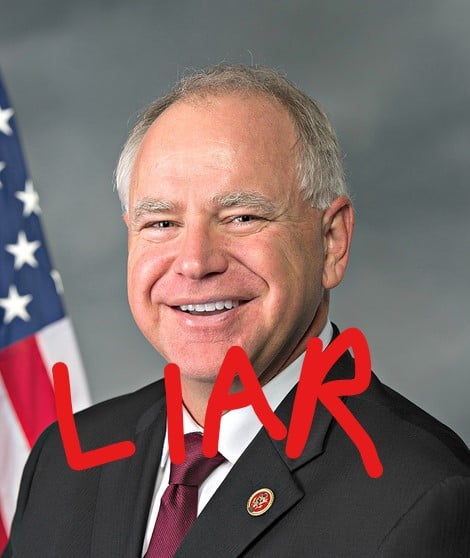

Bully you? No. Pressure you? Yes, of course. Politics is persuasion. And I can honestly say I don’t really care how you vote. I’m not arguing with you. I’m pointing out what a horrible decision you’re making, the flaws in your mindset (honest or otherwise) so that maybe others will make better decisions than you.
If that hurts your feelings, I’ll point out that people have died because Trump was elected. Women have suffered. Children were separated from their families and lost. Our Covid response was abysmal in part because doctors felt the need to incude Trump’s name in their briefing reports. This is more important than your feelings. Democracy is at stake, and that’s not at all an exaggeration. Trump put three Christian Nationalists on the Supreme Court. My grandchildren will be cleaning up the mess Trump and his supports have caused. So, respectfully, get fucked.









OK, but that’s the answer he gives when he doesn’t know the answer. Are we sure he understands what contraception is?